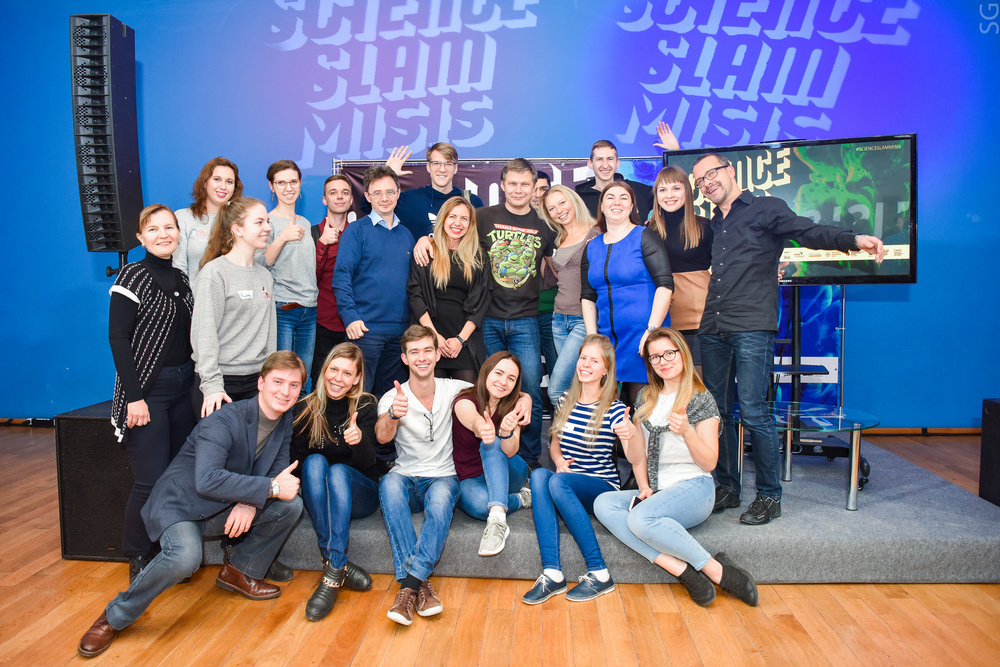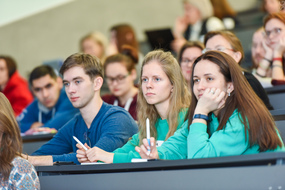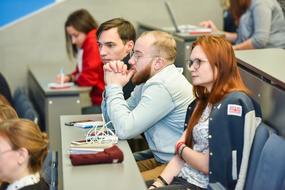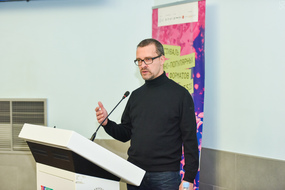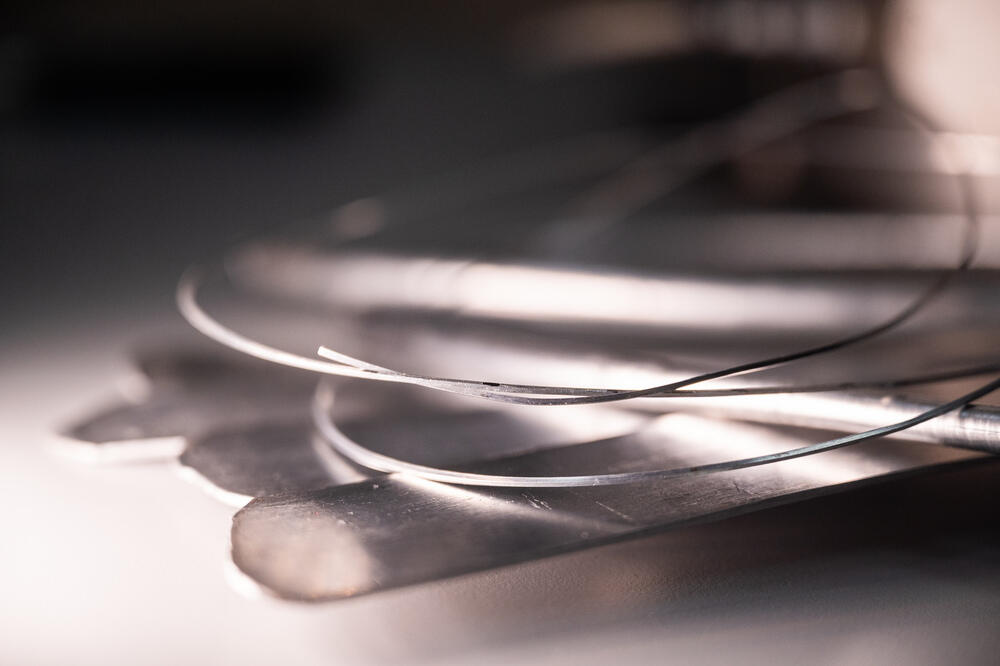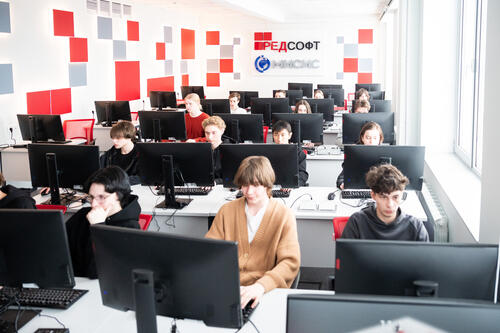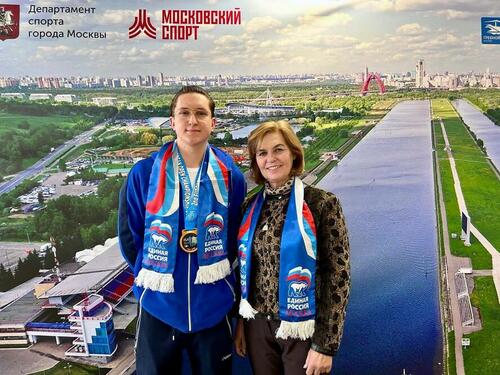From November 22nd to 24th, 2018, NUST MISIS hosted Russia`s first Science Slam school of organization for university representatives, organized jointly with Science Slam Association Russia through the support of Russia`s Ministry of Science and Education, Federal Agency for Youth Affairs (Rosmolodezh), Rusnano`s Fund for Infrastructure & Educational Programs, and Rosatom. The event drew 120 participants from 26 Russian universities, who gathered to learn how about how to prepare and host the most effective science events possible.
Science Slam, a battle of young scientists in a pop science stand up format, continues to gain popularity. The event has been held at NUST MISIS since 2016, and during this time the University’s project has become one of not only Moscow`s, but Russia`s, most popular slam platforms.
From November 22nd to 24th, 2018, NUST MISIS and Science Slam Association Russia hosted Russia`s first Science Slam school of organization for university representatives.
Over these three days, the participating representatives studied the history of the Science Slam, and learned numerous things, like how the show is held in Russia, how to work with official partners, how to look for speakers and how to prepare them for their performance, including necessities about proper announcements, among other things.
The knowledge participants gained was immediately put into practice: all the “students” at the event helped the participants prepare a traditional Science Slam MISIS to be held on November 24th, 2018.
“[The event] was a
57-hour, 46- minute and28-second Science Slam at NUST MISIS. The Science Slam was analyzed and thoroughly [laid out] in lectures, trainings, and real rehearsals and preparation for slammers` performances <...> Science Slam — is something everyone needs to experience for themselves”, said Sergey Drugov of Petrozavodsk State University, a participant of the Science Slam school of organizers.
At the Science Slam MISIS, the eighth in a row, NUST MISIS`s young scientists told participants about how powder metallurgy will help conquer outer space, how artificial intelligence will improve MRI diagnostics, why lead is better for solar panels than silicon, and how to use water as an element of metamaterials. Danila Saranin, an engineer at the NUST MISIS Advanced Solar Energy Laboratory, was the first of multiple speakers to exit to rapturous applause.
